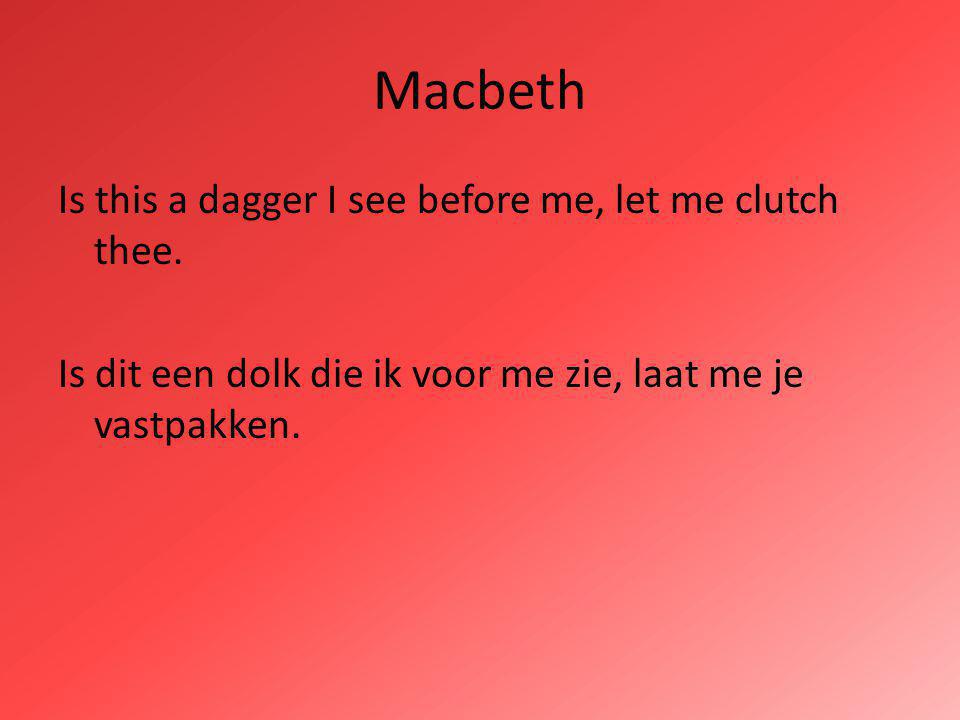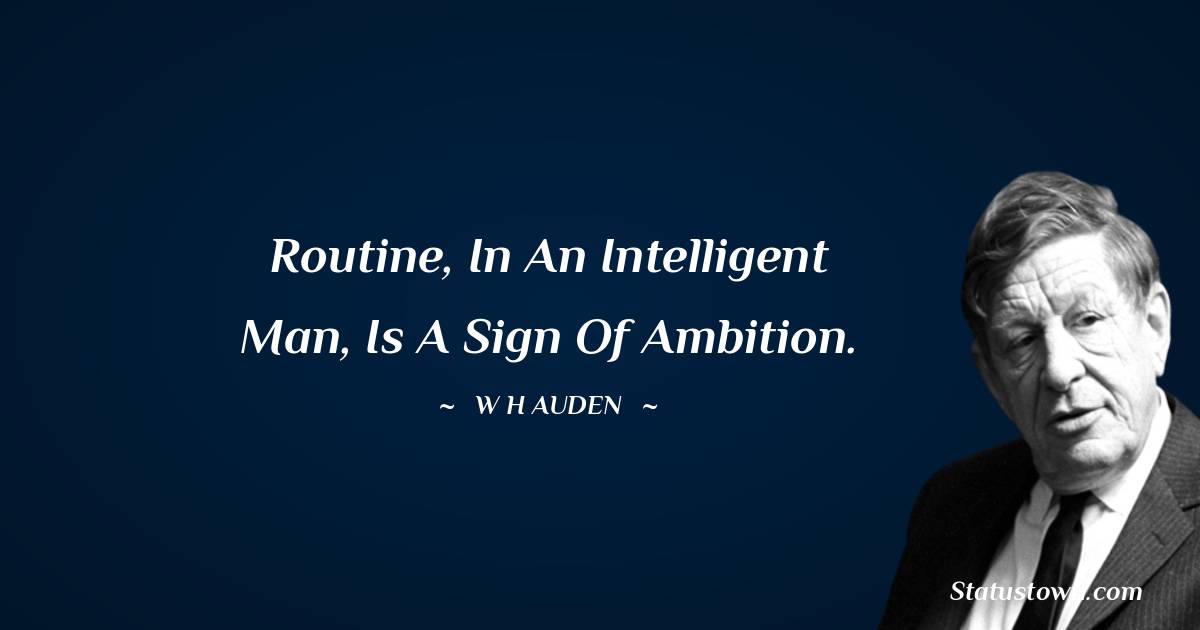

Cite this QuoteĪs the play continues, it becomes increasingly obvious that Macbeth is ill-suited to the role and title of king. Lest our old robes sit easier than our new. In Act 2, Scene 4, Macduff uses yet another clothing metaphor to suggest that this transition may not go smoothly: Macbeth orders the thanes to "briefly put on manly readiness," suggesting that he views both courage and masculinity as costumes that can be taken off as easily as they are put on.Īfter Duncan's death, Macbeth goes to be invested at Scone, where he is dressed in coronation robes and crowned to symbolize his transition from thane to king. That suffer in exposure, let us meet Cite this Quoteīanquo's comment about "naked frailties" likens emotional vulnerability to a state of physical undress. Wherein you dressed yourself? Cite this Quoteįollowing the discovery of Duncan's murder in Act 2, Scene 3, Banquo advises the thanes to get dressed before any further discussion takes place:īanquo: And when we have our naked frailties hid, Which would be worn now in their newest gloss, Golden opinions from all sorts of people, Macbeth: He hath honored me of late, and I have bought Lady Macbeth retorts with a clothing metaphor of her own, criticizing Macbeth for his cowardice, and likening his earlier willingness to kill Duncan to a drunkard's clothes: In Act 1, Scene 7, Macbeth reasons that the honors Duncan has bestowed on him should be "worn" while still new. Like our strange garments, cleave not to their mold Banquo reinforces this notion by remarking that new responsibilities, like new clothes, may fit uncomfortably at first: Macbeth's metaphor implies that he views titles of political authority as items of clothing that can be worn, removed, and exchanged. Macbeth bitterly remarks that he has not committed the ultimate act treason for his own sake but to make "the seeds of Banquo kings." This comment, along with his preoccupation with his own "barren scepter," indicates that Macbeth feels threatened and also emasculated by Banquo's superior reproductive ability. Thence to be wrenched with an unlineal hand, Macbeth: Upon my head they placed a fruitless crown While Banquo has a son and is prophesied to become the ancestor of many kings, Macbeth has no children to carry on his name or his bloodline: Later in the same scene, Macbeth echoes this figurative language to express the jealousy he feels toward his friend. Banquo continues this motif in Act 3, Scene 1 by imagining himself as the "root and father" of a thriving family tree. The Weird Sisters respond by prophesying that Banquo's children will be kings, linking the image of growing grain to patrilineal inheritance. The play's first mention of seeds comes in Act 1, Scene 3, when Banquo speaks to the witches:īanquo: If you can look into the seeds of timeĪnd say which grain will grow and which will not Cite this Quote Shakespeare also associates seeds and roots with the theme of lineage.

While Malcolm represents life and prosperity, Macbeth is a bothersome interloper who threatens to choke out the plants growing in the garden that is Scotland. To dew the sovereign flower and drown the weeds.

In Act 4, Scene 3, Malcolm laments that Scotland "sinks beneath the yoke," likening Macbeth to a plowman who overburdens his oxen. In Act 5, Scene 2, Lennox uses plant imagery to draw a sharp contrast between Malcolm and Macbeth's approaches to rule:

While Duncan and Malcolm seek to cultivate loyal subjects and make their country flourish, Macbeth is characterized as an inadequate caretaker. Which would be planted newly with the time Cite this Quote Malcolm echoes his father's wording when he first addresses the Scottish lords as their king in Act 5, Scene 11:


 0 kommentar(er)
0 kommentar(er)
